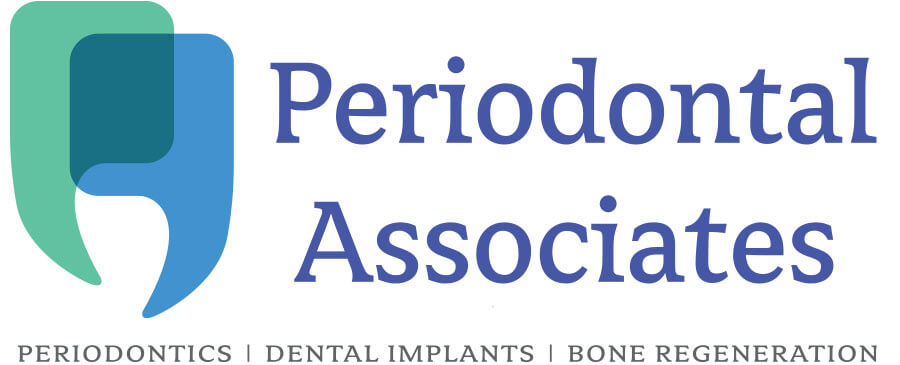
According to the CDC, Periodontal disease impacts about 47.2% of adults 30 years of age and older, with its prevalence increasing with age. In fact, for those 65 years of age and older, 70.1% will experience some form of periodontal disease.
As you can tell, it is a very common dental disease, but it surely isn’t a pleasant one. From bleeding gums to loose teeth and bone loss, it can severely decrease one’s quality of life. To know how to personally reduce the incidence of this disease, we need to know how you get it. Which leads us to the question: What causes periodontal disease?
What is Periodontal Disease?
Periodontal disease comes in four stages, with the earliest stage – gingivitis – affecting only the gums. During this stage, the gums become inflamed and may bleed. If caught early, this is the only stage of periodontal disease that can be reversed.
If treatment is not sought, the disease will progress to the next stages which means the infection spreads from the gums to the surrounding tissue and bone that support your teeth. The gums may pull away from the tooth, bone loss begins to occur, teeth will get loose due to lack of support, and eventually, tooth loss happens.
Symptoms of Periodontal Disease
Symptoms of periodontal disease will vary based primarily on the stage of the disease you are in. But knowing what to look for can help you make smart decisions about your oral health. Some of the most common symptoms you will encounter are:
- Red gums that may be swollen and tender.
- Bleeding gums.
- Loose gums that pull away from the gum line.
- Sensitivity along the gum line.
- Pain when chewing.
- Loose teeth.
- Bad breath.
What Causes Periodontal Disease?
We know what it is and what to look for, but what actually causes periodontal disease? Simply put, this disease can be caused by poor oral hygiene or a buildup of too much bacteria via the plaque buildup in the mouth. This leads to plaque bacterial toxins – which can spread below the gumline. As a result, it irritates and destroys the gums, tissues, and bones meant to support your teeth.
Developing a healthy regimen for your oral care can help reverse periodontal disease (if caught early) or at least reduce the chance of further damage. Brush and floss regularly and see your dentist every 3 – 4 months. This is the best way to reduce the buildup of the toxic plaque that can lead to periodontal disease.
Periodontal Associates For All Your Periodontal Needs
If you have been diagnosed with periodontal disease or you think you may have it, then you must take the appropriate steps for your dental health. And that means getting a thorough examination by a dentist – and the treatment necessary to address the disease.
Periodontal Associates is a leader in periodontal care in the New England area. And we strive to help restore your smile and increase your quality of life.
Call our office today to schedule an appointment at one of our two convenient locations.
Framingham Office: [df-phone-number1 dflink=”true”]
Newton Office: [df-phone-number2 dflink=”true”]
Or schedule an appointment online.
